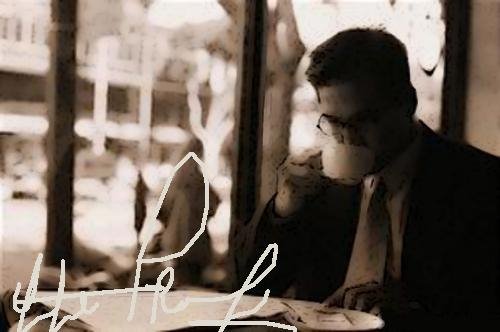
How To Be A Good Christian
Pipe Smoking
Also see: ARTICLE
I knew that would get your attention.
Seriously; here's one of the best poems on the subject. We are all familiar with it, but in this case, familiarity is only an indication of its excellent quality.
Johann Sebastian Bach - 1725
"Whene'er I take my pipe and stuff it
And smoke to pass the time away
My thoughts, as I sit there and puff it,
Dwell on a picture sad and grey:
It teaches me that very like
Am I myself unto my pipe.
Like me this pipe, so fragrant burning,
Is made of naught but earthen clay;
To earth I too shall be returning,
And cannot halt my slow decay.
My well used pipe, now cracked and broken,
Of mortal life is but a token.
No stain, the pipe's hue yet doth darken;
It remains white. Thus do I know
That when to death's call I must harken
My body, too, all pale will grow.
To black beneath the sod 'twill turn,
Likewise the pipe, if oft it burn.
Or when the pipe is fairly glowing,
Behold then instantaneously,
The smoke off into thin air going,
'Til naught but ash is left to see.
Man's fame likewise away will burn
And unto dust his body turn.
How oft it happens when one's smoking,
The tamper's missing from it's shelf,
And one goes with one's finger poking
Into the bowl and burns oneself.
If in the pipe such pain doth dwell
How hot must be the pains of Hell!
Thus o'er my pipe in contemplation
Of such things - I can constantly
Indulge in fruitful meditation,
And so, puffing contentedly,
On land, at sea, at home, abroad,
I smoke my pipe and worship God."

